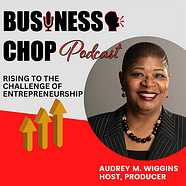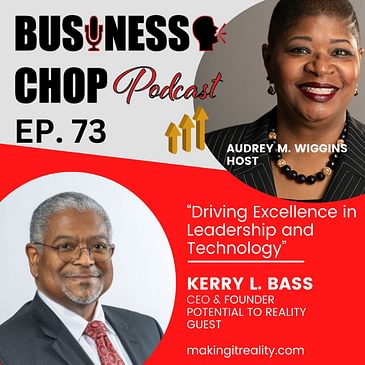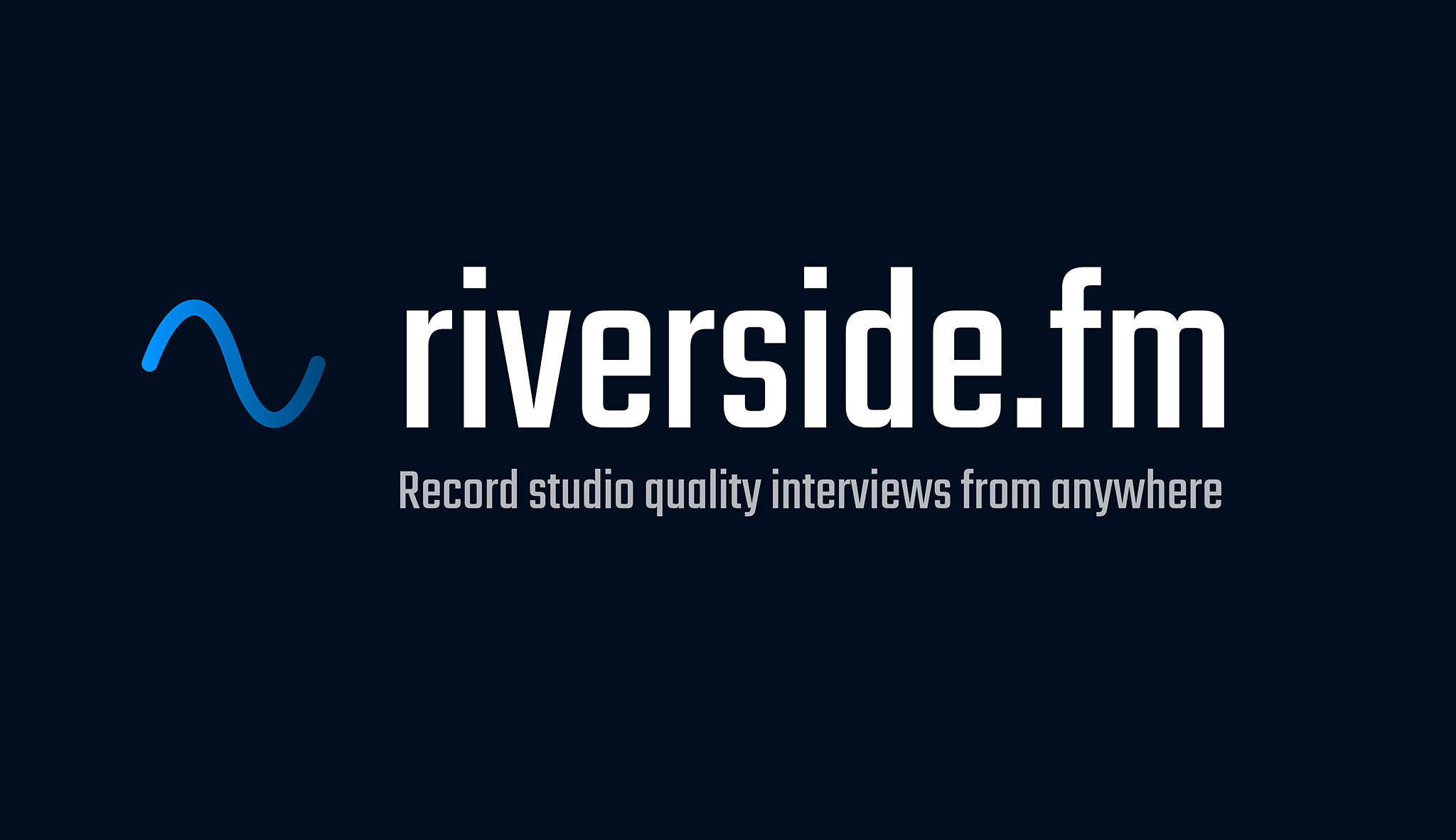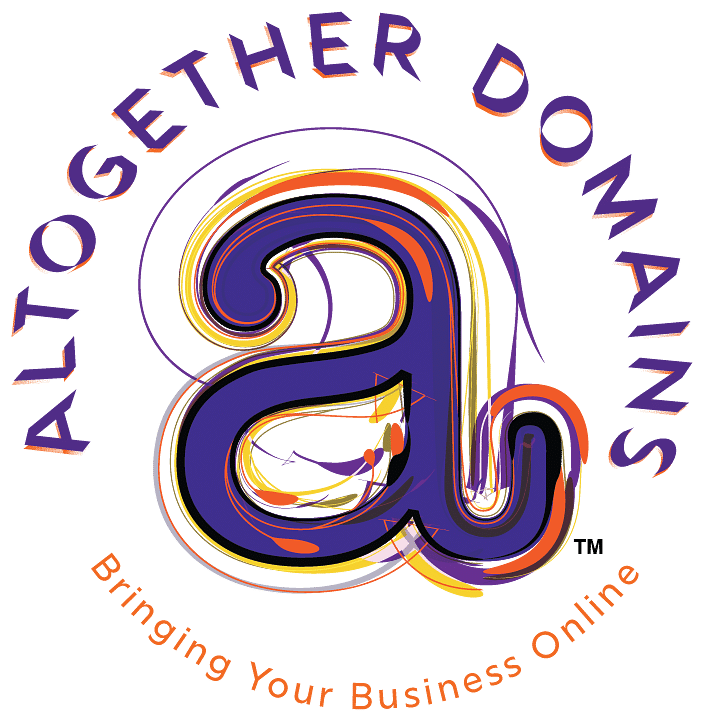Kerry L. Bass, CEO & Founder of Potential to Reality, discusses his extensive experience in technology, government, and ministry, which has led him to focus on helping leaders recognize and achieve their organization's potential. He highlights the high failure rate of organizations during major transformations and emphasizes the importance of leadership in ensuring an organization's relevance and value delivery. Bass also touches on the impact of the COVID-19 pandemic on organizational transformation and the role of quality management, lean 6 sigma, and talent optimization in driving excellence within organizations. Additionally, he discusses strategies for organizational change management, the integration of project management and quality, and the potential benefits and risks of artificial intelligence in organizations. Bass shares insights on his upcoming projects focused on societal excellence and offers words of wisdom on self-awareness, honesty, and taking action without delay.
PODCAST YouTube LeadershipLuminariesLounge
CEO & Founder of Potential to Reality https://makingitreality.com
=============================
Buzzsprout - Let's get your podcast launched!
Start for FREE
Designrr for eBooks, Blogs
Create eBooks, Blogs, Lead Magnets and more!
Riverside.fm Your Own Virtual Studio
Professional Virtual Studio
Altogether Domains, Hosting and More
Bringing your business online - domain names, web design, branded email, security, hosting and more.
Digital Business Cards
Let's speed up your follow up. Get a digital business card.
Small Business Legal Services
Your Small Business Legal Plan can help with any business legal matter.
Get Quality Podcast Guests Now
Keep your podcast schedule filled with quality guests from PodMatch.
Disclaimer: This post contains affiliate links. If you make a purchase, I may receive a commission at no extra cost to you.
Support the show
Please Rate & Review
Visit Our Parent Company Altogether Marketing LLC






